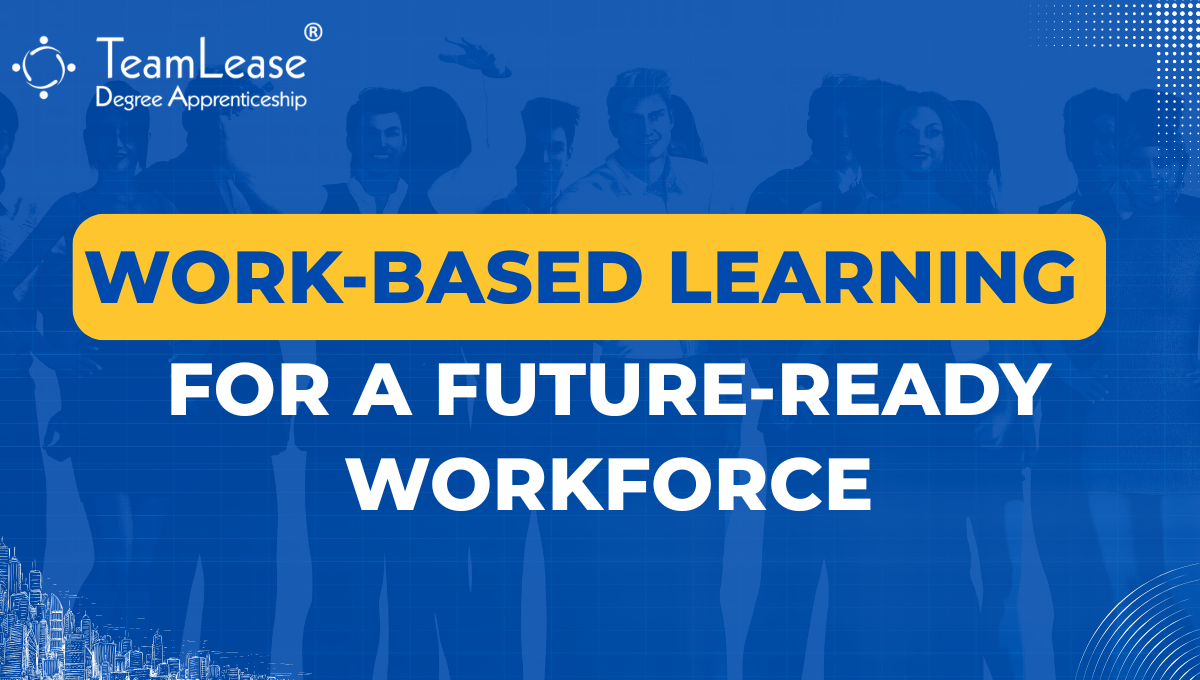The engineering field, once a popular choice for students in India, has evolved into a challenging path with uncertain job prospects.
The Times of India published an article on the same featuring insights from our CEO Ramesh Alluri Reddy.
Approximately 1.5 million engineering graduates are produced in India each year, yet only 10% are likely to secure jobs this year. This statistic reflects a growing disconnect between engineering education and industry demands.
One of the key reasons behind this gap is the lack of relevant skills. The engineering curriculum in many institutions has not kept pace with the evolving needs of industries, especially with the rise of digitalization and automation. Traditional classroom-based learning, while foundational, often falls short of preparing students for real-world challenges. Employers increasingly seek candidates who have hands-on experience with modern technologies, such as AI, data analytics, and robotics, skills that are rarely emphasized in conventional engineering programs.
To address this issue, educational institutions and policymakers must emphasize skill-based learning and practical exposure. Programs such as internships, apprenticeships, and work-integrated learning can be pivotal in equipping students with the skills that align with industry standards. These work-based learning opportunities allow students to gain on-the-job experience and apply theoretical knowledge in practical scenarios, making them more job-ready by graduation.
Furthermore, with the rise of advanced technologies reshaping industries, there’s a growing demand for specialized roles that require deep technical skills. This shift underscores the importance of upskilling and reskilling even after formal education. For engineering graduates, continuous learning is now a necessity to remain relevant in the job market. Courses on emerging technologies and certifications from recognized industry bodies can bridge the gap and enhance employability.
The responsibility doesn’t rest solely on educational institutions; industry partnerships are essential. Companies can actively contribute by offering structured apprenticeship and internship programs, allowing students to understand real industry demands and expectations. Such collaborations can ensure that graduates are better prepared for the job market and can make a smooth transition from academic learning to practical application.
By prioritizing skill-based learning and fostering industry-academia partnerships India can help its engineering graduates find their footing in a competitive job landscape.
For detailed insights, please visit the article in The Times of India




No comments yet
Your Comment